link to the video that goes with this https://screencast-o-matic.com/watch/cZn6qcVdwKT
The best in the region... international praise for the infrastructure of electronic payment systems in Iraq
The World Bank confirmed on Wednesday that the infrastructure for electronic payment systems in Iraq is the best in the region.
A statement from the Central Bank received by Mawazine News stated, “The Governor of the Central Bank of Iraq, Ali Mohsen Al-Alaq, received a delegation from the World Bank headed by the Director of the World Bank’s office in Iraq, Richard Abdel Nour.”
He added, "During the meeting, strengthening bilateral cooperation between the Central Bank of Iraq and the World Bank was discussed, and electronic payment projects and financial inclusion were discussed, as well as reform programs to enhance the stability and development of the financial sector."
He explained, "The two parties discussed the support of the World Bank to provide advice in establishing the Riyada Bank dedicated to financing small projects in Iraq, with the support of the International Finance Corporation."
In turn, the World Bank delegation praised “the Central Bank of Iraq’s procedures in facilitating financial transfers to different segments in Iraq,” noting that “the infrastructure for electronic payment systems and software systems in Iraq is among the best systems in the region.”
The World Bank says that electronic payment systems in Iraq are among the best in the region
The Central Bank of Iraq said that the World Bank considered that the infrastructure for electronic payment systems in Iraq is “among the best in the region.”
This came while the Governor of the Central Bank of Iraq, Ali Mohsen Al-Alaq, received a delegation from the World Bank headed by the Director of the World Bank’s office in Iraq, Richard Abdel Nour.
According to a statement issued by the Central Bank of Iraq and seen by “Ultra Iraq”, during the meeting they discussed “strengthening bilateral cooperation between the Central Bank of Iraq and the World Bank and discussing electronic payment projects and financial inclusion, as well as reform programs to enhance the stability and development of the financial sector.”
The two parties also discussed “the support of the World Bank to provide advice in establishing the Riyada Bank dedicated to financing small projects in Iraq, with the support of the International Finance Corporation,” according to the statement.
The statement quoted the World Bank delegation as praising “the Central Bank of Iraq’s procedures in facilitating financial transfers to different segments in Iraq,” claiming that “the infrastructure for electronic payment systems and software systems in Iraq is among the best systems in the region.”
A few years ago, Iraq took its first steps towards the electronic system by localizing the salaries of employees, whose numbers are estimated, according to the Ministry of Planning , at more than 3 million, which prompted the private sector to take the same government step.
In fact, in the year 2017, Iraq began to move towards electronic banking, which was adopted by all countries and preceded Iraq by a long way, according to a previous interview with “Ultra Iraq” with the economic and financial expert, Jalil Al-Lami .
Through electronic payment, the Iraqi government aims to withdraw the monetary mass circulating in Iraq, which amounts to 84 trillion dinars, and benefit from it to finance investment projects and infrastructure projects, according to experts .
In the year 2022, the Iraqi Private Banks Association counted the presence of more than 14.9 million activated bank cards in Iraq.
Bank of Jordan: Iraq includes a strategic market that has the elements of successful investment
The Bank of Jordan Group confirmed its keenness to be present in the Iraqi market and reach joint investments between Iraq and Jordan.
The group’s general manager, Saleh Hammad, said in press statements today, Wednesday, that “joint investments need financial products and services that meet all the requirements of the various segments of businessmen, investors, and companies.”
He added, "The value that any external institution will add to Iraq is the new technology that it can introduce on the basis of providing financial services," noting that "Iraq includes a strategic investment market that has the elements of successful investment."
The Bank of Jordan was the diamond sponsor of the activities of the Jordanian-Iraqi Economic Integration Forum held in Baghdad late last month (1/29-30/20234). This event is considered an opportunity to strengthen and develop economic and trade relations between Jordan and Iraq through exchanging experiences and building strategic partnerships that enhance Cooperation between the two countries.
The Bank of Jordan’s sponsorship of the Jordanian-Iraqi Economic Integration Forum comes after the inauguration of the first branch of the Bank of Jordan in Iraq, as part of the Bank of Jordan’s comprehensive strategic plan to expand its business in the Arab region, and create development projects aimed at maximizing the benefit from the capabilities available between the two countries, in addition to achieving the best levels of Integration and partnership in all economic, investment and trade fields.
The activities of the Jordanian-Iraqi Economic Integration Forum, in the presence of a number of ministers, officials, representatives of official and governmental bodies from Jordan and Iraq, and businessmen from various sectors, included a variety of sessions and discussions that focused on various economic sectors and opportunities available to companies and investors in Jordan and Iraq. And discuss topics of trade and investment, infrastructure development, innovation and technology, education and vocational training, and financial and banking issues.
U.S. Charges Iranian Oil Trafficking Network Over Sanctions Evasion
The United States announced terrorism and sanctions-evasion charges on Friday, including asset seizures, over a billion-dollar network linked to oil trafficking that the U.S. government says helped to finance Iran’s Islamic Revolutionary Guard Corps and other groups, the Department of Justice said in a Friday press release.
The U.S. Department of Justice said it seized over $108 million that China Oil & Petroleum Company Limited tried to launder through the U.S. banking system. The seizures also include more than a half a million barrels of Iranian crude oil that were on board the Abyss, which was covered by U.S. sanctions.
The defendants include Turkish national Sitki Ayan, Morteza Rostam Ghasemi, and Behnam Shahriyari were all charged in a New York federal court over ties to the seized funds. Chinese national Shaoyun Wang and Oman’s Mahmood Rashid Amur Al Habsi were charged in a DC court with sanctions evasion and money laundering of Iranian oil money derived from Iranian oil sales to refineries owned by the government of China.
Iran utilizes the proceeds of its black-market oil sales to fund its criminal activities, including its support of the IRGC, Hamas, Hizballah, and other Iranian aligned terrorist groups,” U.S. Attorney General Merrick Garland said in a Friday statement, adding that “The Justice Department is targeting this funding source by seizing over $108 million and 500,000 barrels of fuel that would otherwise have enabled Iran to further its destabilizing activities that threaten our national security. In addition to disrupting Iran’s unlawful funding streams, the Justice Department has also charged nine individuals for their roles in supporting Iran in violation of U.S. sanctions. The Justice Department will continue to use every authority we have to cut off the illegal financing and enabling of Iran’s malicious activities, which have become even more evident in recent months.”
Al-Jubouri: Iraqi Sunnis fear the Americans’ withdrawal.. They will lose the element of safety!
Former MP Mishaan al-Jubouri commented, today, Thursday, on the position of Sunni Arabs and Sunni Kurds regarding the desire of Shiite political forces for the withdrawal of American forces from Iraq.
Al-Sudani announces the launch of investment opportunities for the Baghdad Metro project and the Karbala-Najaf train
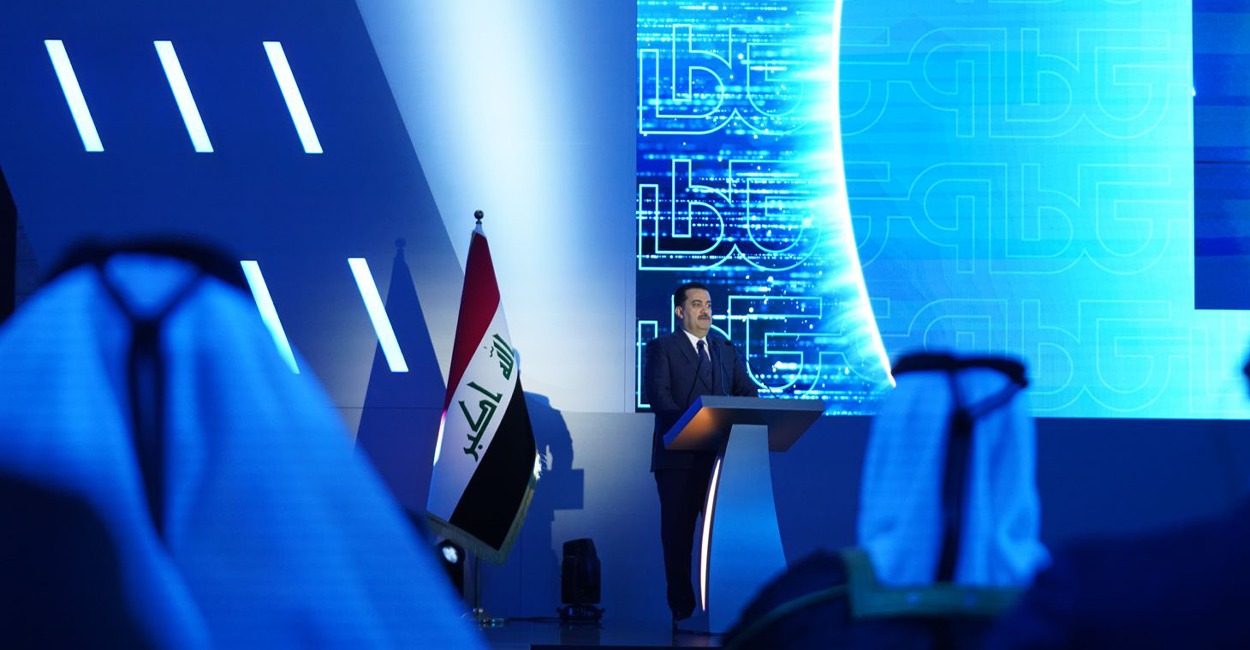
On Thursday, Iraqi Prime Minister Muhammad Shiaa Al-Sudani launched two investment opportunities.
A brief statement from Al-Sudani’s office received by Shafaq News Agency stated: "The Prime Minister announced the launch of investment opportunities for the Baghdad Metro project and the Karbala-Najaf train project."
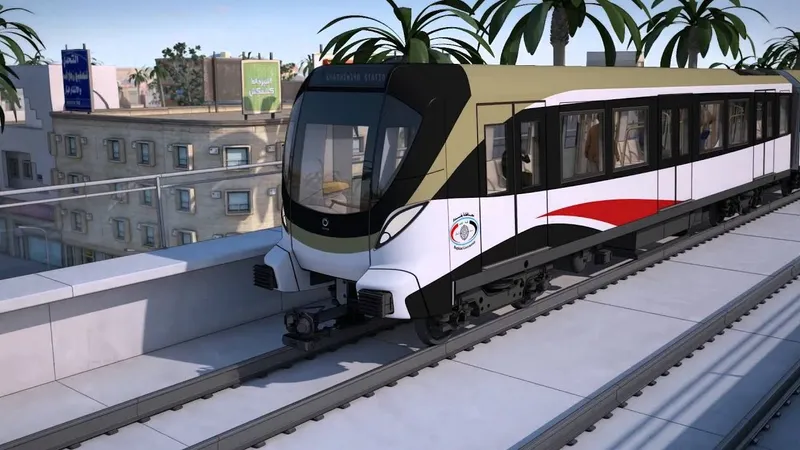
Which is more dangerous for Iraq: bombing American bases or selling oil for anything other than the dollar?
Today, Thursday (February 1, 2024), economic affairs expert Nabil Al-Marsoumi raised a question about the greatest danger facing Iraq, and whether it lies in the American bombing or selling oil in a currency other than the dollar?
Al-Marsoumi says in a blog post followed by “Baghdad Today” that, “In 1973, King Faisal of Saudi Arabia agreed to accept the dollar as the sole currency to buy oil in exchange for America providing military protection for Saudi oil fields. In 1975, the other OPEC countries agreed to price oil in dollars only, and they succeeded.” With this deal, America links the dollar to oil instead of gold.”
Dollar instead of gold
The economic expert explained, “This deal forced all oil-importing countries to create a fixed supply of dollars to buy oil,” adding, “Therefore, these countries were forced to export goods to America, and in return, America provides them with dollars that will only cost them the cost of printing them.”
Al-Marsoumi added, "From here, a new system began to maintain American hegemony over the global financial system, and its name is the petro-dollar," noting that "dollars leave America and anything America needs comes to it, and as a result, the United States has become very rich."
He pointed out that "this process did not lead to inflation because the countries of the world are in constant need of dollars to buy oil and participate in international trade. Therefore, those dollars remained outside America, and after linking the dollar to oil, America was able to spend more money on its military forces, which became the first in the world." .
Al-Marsoumi continued, “In 2000, Iraq announced the beginning of linking Iraqi oil sales to the euro instead of the dollar, which, along with other factors, prompted the United States to overthrow Saddam Hussein’s regime by military force,” noting that “in 2011, Muammar Gaddafi tried to create a gold currency in Africa called the dinar.” Al-Dhahabi succeeded in forming a bloc of African countries, but the Americans overthrew the Libyan regime and killed Gaddafi because selling a country, even a small one, of its oil for something other than the dollar would cause the dollar’s strength to destabilize.”
Oil supports the dollar
He stated that "currently there is nothing that supports the dollar except oil, and that America will not hesitate to use its military power to crush any threat to the dollar, and that linking oil to the dollar and preserving it for the longest time is an American priority," indicating that "the price of oil in dollars is not only linked to standard oil crudes." Which are priced in dollars, namely Brent crude and West Texas crude, but because oil trade is the largest in the world, as it is not limited to the exchange of oil in commodity markets only, but also because there is a very large trade in paper barrels amounting to more than tens of times the real exchange, especially on the New York Stock Exchange and the London Stock Exchange. Through speculation in futures contracts, as the New York Stock Exchange deals with about 3 billion contracts annually, with an average value of 1,000 trillion dollars.”
He noted that "the calls to sell Iraqi oil in a currency other than the dollar lack realism and reflect a wrong understanding of the basics of oil pricing in the global market, and because it will expose Iraq to very violent American reactions, because abandoning the dollar is an American red line, as it will threaten the global position of the dollar, which currently constitutes 60 percent." % of global monetary reserves and will undermine the economic importance of the United States at the global level.
After the exacerbation of the dollar crisis and the sanctions imposed by Washington on a number of Iraqi banks, the country is seeking to move to a new stage of monetary transactions, sometimes oil in exchange for goods and other times purchasing in the currency of the countries exporting those goods, including the yen, the currency of China.
The Kuwaiti dinar is in the lead.. Learn about the 10 strongest currencies in the world during 2024
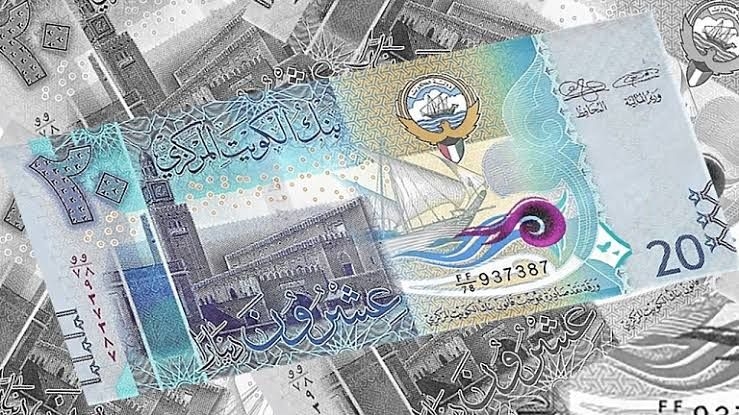
The Kuwaiti dinar ranked on the throne of currencies in the world for the year 2024, while the US dollar came in last place on the list of the 10 strongest global currencies.
The dinar of the Gulf state is divided into 1,000 smaller units known as (fils).
Contrary to popular belief, the highest currency is not necessarily the most widely traded or used in international transactions, according to specialized economic websites.
While the US dollar, British pound and euro are often associated with global power and trade, they do not hold the top spot in terms of value when exchanged for the Indian rupee.
In 2024, the Kuwaiti dinar will excel in terms of exchange rate, making it the most expensive currency in the world, as it is the currency with the highest exchange rate against the dollar, and every 1 Kuwaiti dinar is worth 3.25 dollars, followed by the Bahraini dinar, which is worth 2.65 dollars.
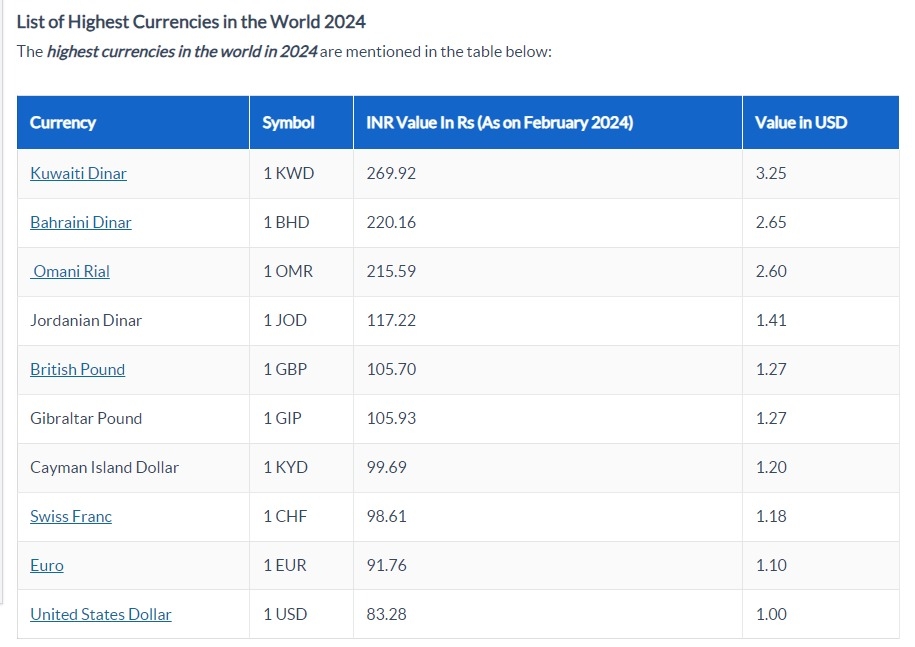
Association of Banks: Electronic payment in Iraq is witnessing a major transformation

Today, Friday, the Iraqi Private Banks Association counted the number of electronic payment devices and payment cards during the year 2023, confirming that this issue is witnessing a major transformation.
The Executive Director of the Association of Banks, Ali Tariq, told the official agency followed by (Al-Oula News): “The electronic payment file is making continuous progress thanks to the support and directives of Prime Minister Muhammad Shiaa Al-Sudani, and the government’s insistence on achieving this goal has stimulated all institutions, whether governmental, private, or financial institutions.” “Cooperating in the field of providing electronic payment tools to citizens across the public and private sectors.”
He pointed out, “After the Council of Ministers issued the decision to generalize electronic payment last year, a very significant progress and leap was achieved with regard to the number of points of sale, whether in the private or government sector, as it rose in just half a year from about 7,000 devices to 24,000 devices at the end of the year.” The same year 2023, expecting that “the number of electronic payment devices will increase further during the year 2024.”
He pointed out, “Nearly two and a half million cards were issued in 2023, whether prepaid cards or cards linked to an account to activate them in this field.”
He stressed, “Electronic payment in Iraq is witnessing a clear transformation, and it needs a little time. “So that all institutions, in accordance with the decisions issued by the Council of Ministers, can move to automation in a way that ensures the presence of electronic payment ports in all institutions and places.”
First Internet Exchange in Iraq: IRAQ-IXP Powered by DE-CIX is Now Live
DE-CIX, the world’s leading operator of Internet Exchanges (IX), and IRAQ-IXP, the first and unique neutral Internet Exchange that serves all Iraqi regions, announce today that the new Internet Exchange “IRAQ-IXP powered by DE-CIX”, is now live and connecting networks.
Twelve networks are already connected or in the process of connecting to the new data center and carrier neutral IX.
The interconnection platform is hosted in the IRAQ-IXP data center in Baghdad and operated by DE-CIX under the DE-CIX as a Service (DaaS) model.
The IX will in future also be directly connected to the world’s largest interconnection ecosystem through DE-CIX Istanbul and DE-CIX Frankfurt, the largest IX in Europe.
This allows customers to access thousands of networks globally. IRAQ-IXP powered by DE-CIX is built on DE-CIX’s award-winning interconnection infrastructure, offering peering, cloud connectivity, and enterprise-grade interconnection services.
The interconnection platform is set to serve as a hub for regional connectivity, enabling local networks to benefit from low-latency interconnection and the localization of global content, while increasing network stability, scalability, and security.
“The millions of users in Iraq deserve digital services of state-of-the-art quality. This requires the best local infrastructure possible, which DE-CIX is delighted to contribute to. With a strong and diverse landscape of Internet service and network providers, Iraq is in need of local interconnection to create local data and content gravity, and its Internet connectivity will be strongly enhanced through the new IX. IRAQ-IXP powered by DE-CIX is the ideal place for international networks interested in reaching this important Middle Eastern market,” comments Ivo Ivanov, CEO of DE-CIX. “The new IX, established through the partnership between DE-CIX and IRAQ-IXP, will unleash the potential of the country’s emerging digital economy by providing better performance and user experience of content and applications, and affordable and high-quality Internet access for enterprises and individuals.”
“We have a strong vision to provide improved connection services to our customers, taking care of data flow in terms of speed and comprehensive security,” comments Ahmed Rakwi, CEO of IRAQ-IXP, on the new Internet Exchange. “IRAQ-IXP powered by DE-CIX is set to serve local, regional, and international ISPs, CDNs, content and cloud, as well as enterprise networks, covering the interconnection demand of our customers. This partnership will improve the resilience of local and regional connectivity, lower the latency of data traffic, and improve the performance of cloud-based resources and applications.”
DE-CIX, home to the largest neutral interconnection ecosystem in the world, has been active in the Middle East for more than a decade, and now operates IXs in several countries in the region: the UAE, Jordan, and Iraq, as well as Turkey.
IRAQ-IXP powered by DE-CIX joins such success stories as the UAE-IX powered by DE-CIX in Dubai, also operated under the DaaS model.
The DaaS program includes a set of services – such as installation, maintenance, provisioning, marketing and sales support – designed for data center operators or other third parties to create their own Internet Exchange and interconnection platform fully operated by DE-CIX.
Don’t leave money on the table. ($75, to be exact.)
A 5 Star bank is offering a free online bank account with a debit card that pays $25 to the enrollee and $75 "commission" to everyone that refers someone to the account.
So YOU set up your account and receive your OWN $25 and then you will set up your family and friends and THEY will all get the same $25 and YOU get $75 for everyone that gets the $25.
It does take $10 to sign up for the account, and it has to come from a debit card (checking account) connected to you, but the $10 is available immediately in your account to use. So it's actually free to get your $25 but you need to have $10 available to set it up.
Yes it's true and it works and I have done it MYSELF!
The Iraqi Central Bank cancels the operation of the largest Iranian bank in the country
he Central Bank of Iraq has canceled the operating license of the largest Iranian bank in Iraq, the National Bank of Iran (Milli), due to international sanctions and the bank’s limited operations in Iraq, according to what Reuters reported on Thursday.
Reuters said that this decision was contained in a document from the Central Bank of Iraq dated January 31, 2024.
The document stated, “In light of the losses incurred by your branch in Iraq, its limited activities, its inability to implement or expand banking activities, and...its inclusion in international sanctions, it has been decided to cancel your license.”
In 2018, the US Treasury Department imposed sanctions on Bank Melli, claiming that the Iranian Revolutionary Guard is using it to “distribute funds to Iraqi Shiite armed groups, and that Bank Melli’s presence in Iraq is part of this scheme.”
Iraq, which has reserves of more than $100 billion in the United States, is counting heavily on Washington's goodwill to ensure that its access to oil revenues and money is not blocked.
Iraq recently banned eight local commercial banks from conducting transactions in US dollars and took measures to limit fraud, money laundering and other illegal uses of the US currency in a move welcomed by the US Treasury Department.
According to Iraqi and American officials, Iraq prevented 14 banks in July 2023 from conducting dollar transactions as part of a broader campaign aimed at reducing the smuggling of dollars into Iran through the Iraqi banking system after a request from Washington, according to Reuters.
Will the banking system collapse in Iraq? A former director of the Central Bank answers
On Thursday, Mahmoud Dagher, an economist and former director general of the Central Bank, ruled out the collapse of the banking system in Iraq following the sanctions imposed by the US Treasury on a group of banks in the country.
Dagher stated, “Because there are no reasons, and because the case is suspicious, it is not a penalty, but rather a restriction on those banks, but it results in harm to them, to the people, and to the import financing process.”
He stated that the penalties were based on banks dealing with suspicious financial transfers during the past year 2023.
The day before yesterday, Tuesday, Deputy Prime Minister and Minister of Foreign Affairs, Fouad Hussein, called on the United States of America to reconsider the sanctions imposed on 21 Iraqi banks that contribute to financing the food basket items for families with limited income, as the Iraqi Ministry of Foreign Affairs announced on Wednesday.
In July 2023, the US Treasury Department imposed sanctions on 14 Iraqi banks in a crackdown on Iran’s dollar transactions.
An official document issued by the Central Bank of Iraq this February showed that 8 Iraqi banks were banned from participating in the foreign currency buying and selling window.
Iraq has more than 70 private banks, a relatively new feature in a sector that was almost entirely under state control until the fall of Saddam Hussein's regime after the US invasion in 2003.
.jpeg)


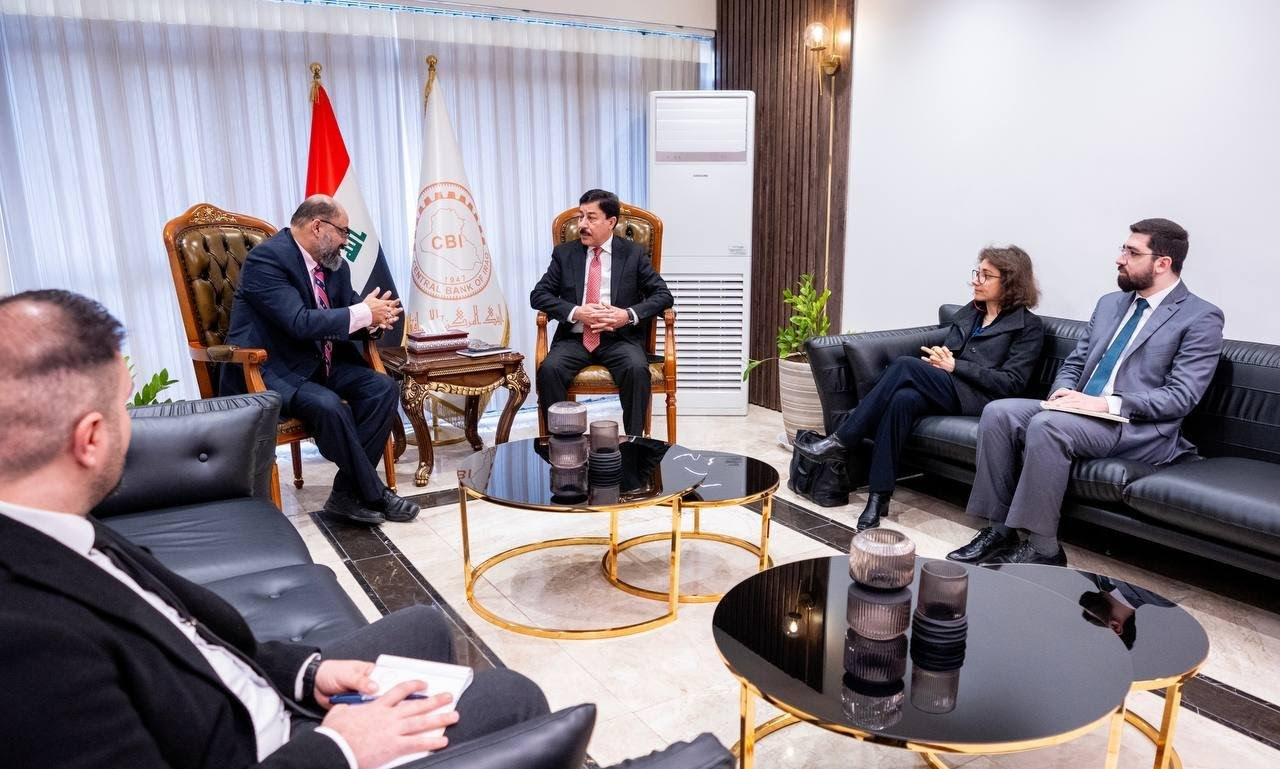

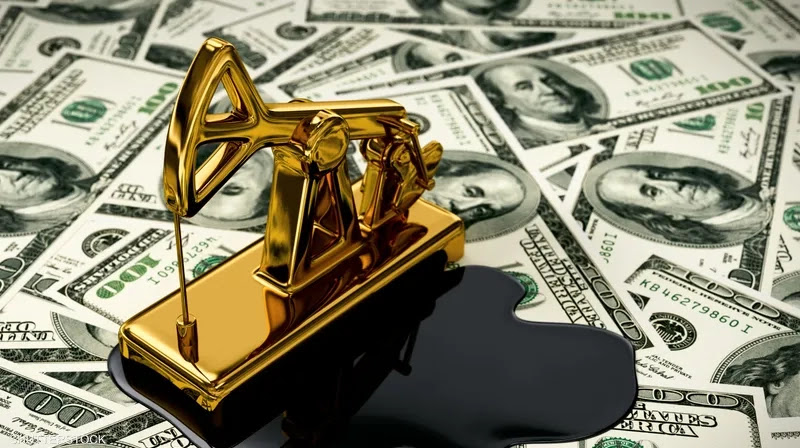
.jpeg)

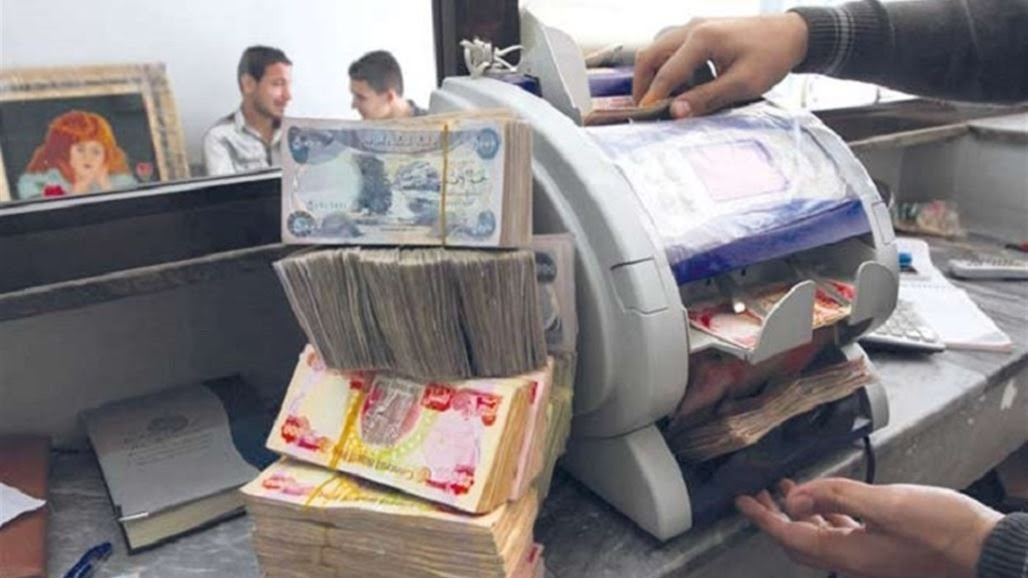
No comments:
Post a Comment